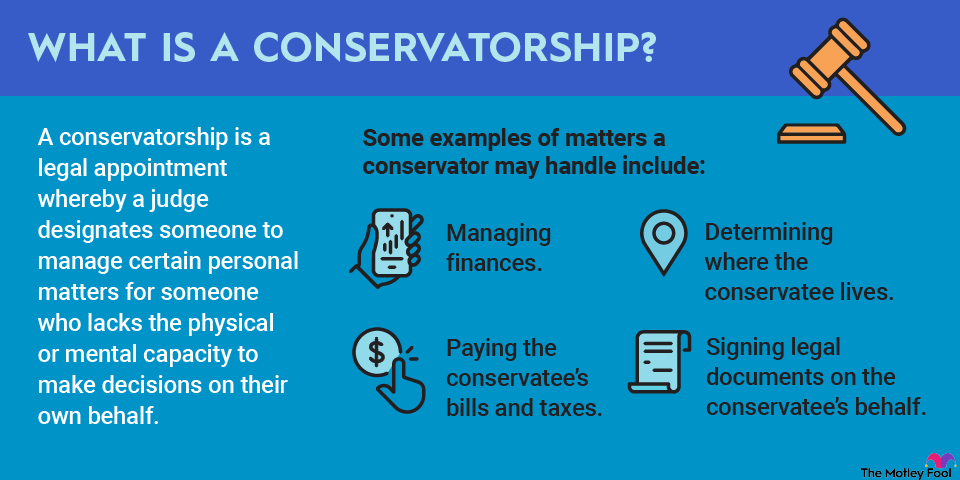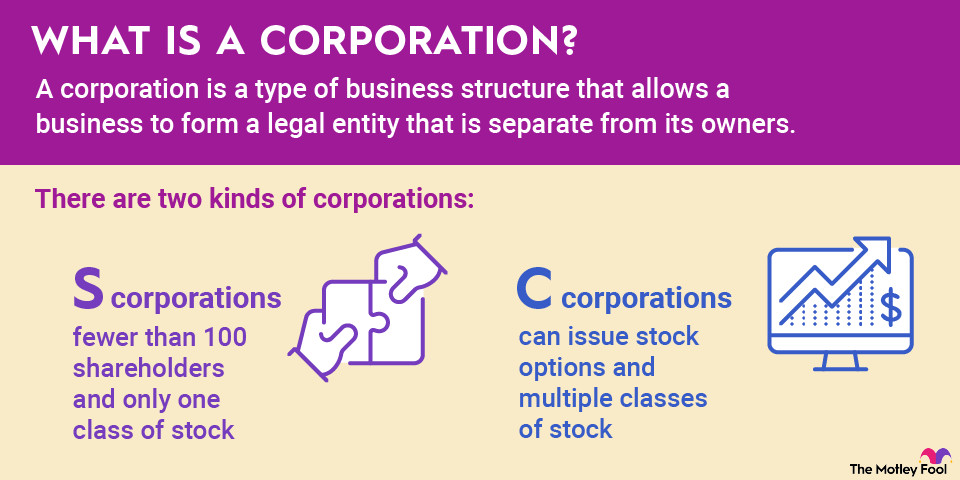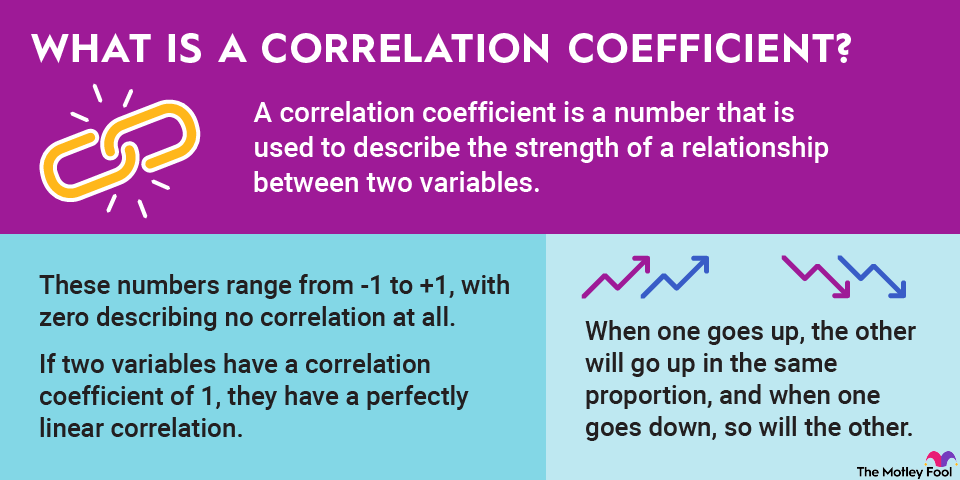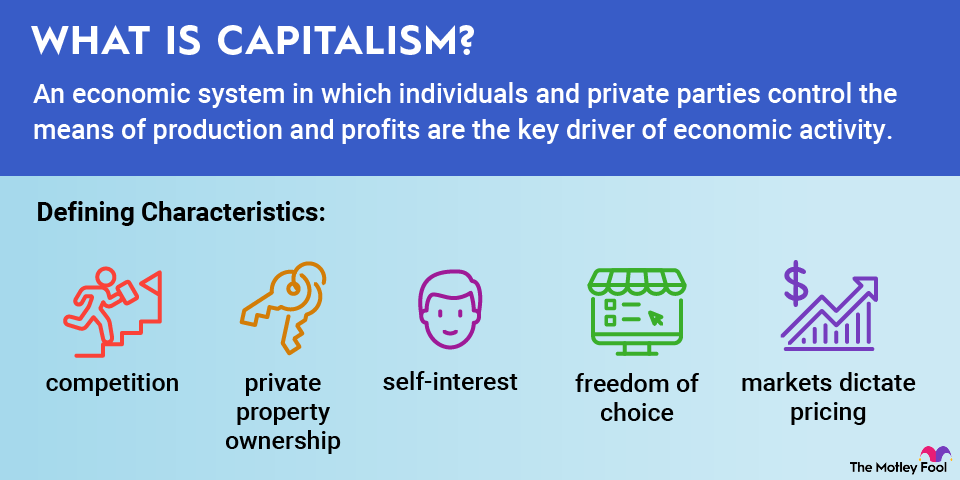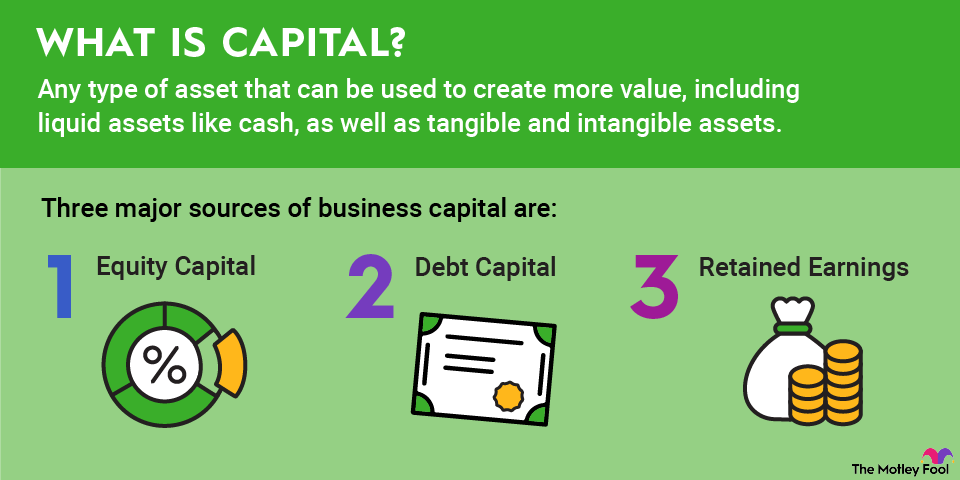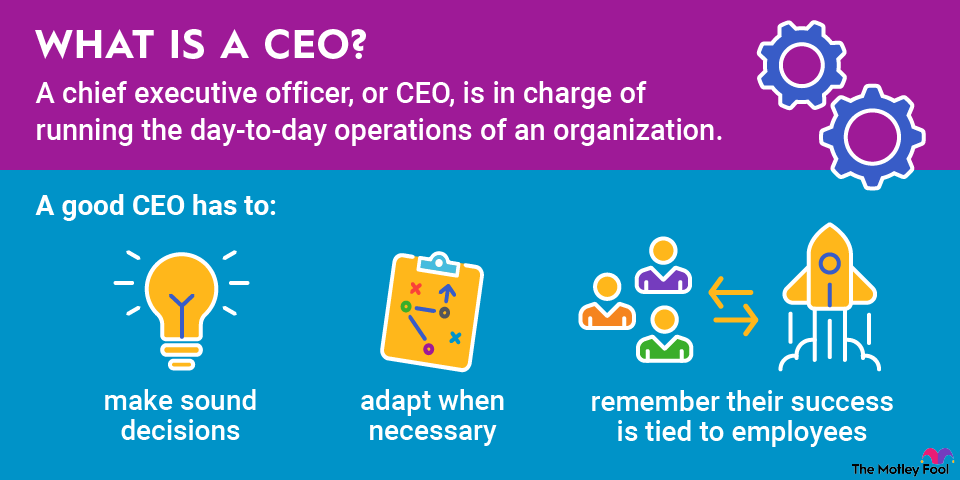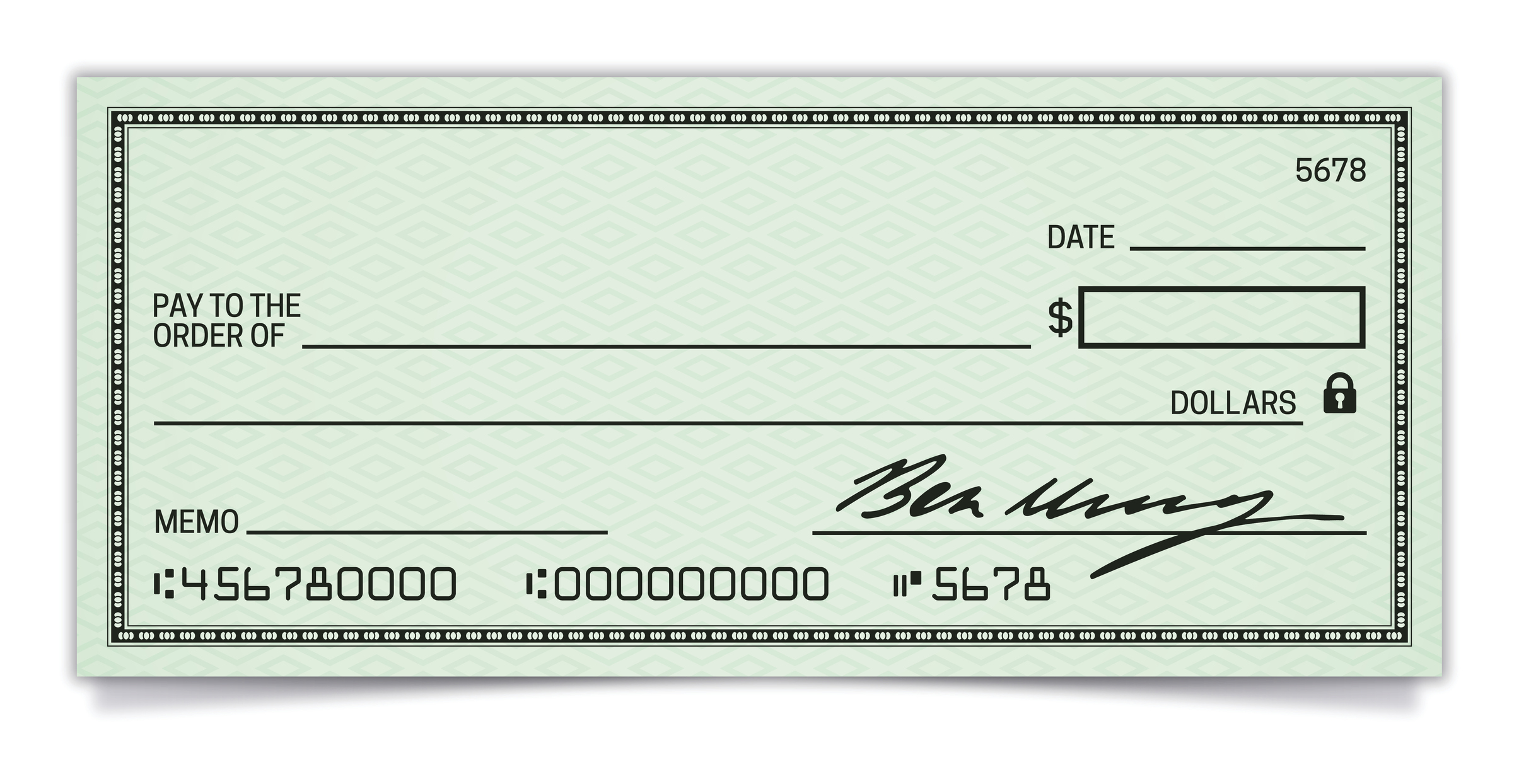If you've ever needed to borrow money and been turned down, you've been in a position where a cosigner might have been helpful. Read on to learn more about cosigners and the role they play in financial life.

What is a cosigner?
When applying for a loan through a bank or even trying to rent an apartment or condo, you must have an adequate credit history and acceptable financials to be approved. When you don't for any number of reasons -- such as being very young, possibly experiencing some kind of shake-up like a divorce, or suddenly losing a job -- it can feel absolutely impossible to move forward.
This is where cosigners come in. Cosigners help guarantee the debt you're hoping to take on, so the lender or leasing company will feel more confident that you'll pay them. Cosigners can be anyone but are generally close family or live-in romantic partners, whether or not you're married to them.
What is a cosigner's obligation?
If you need a cosigner, you've probably already convinced yourself that your cosigner will never need to worry about fulfilling the guarantee they made on your behalf. Though, the truth is no one ever knows what the future holds. So it's important to fully understand what this involves.
If you default on your debt or stop paying your rent, your cosigner is on the hook for any payments you've missed. If you don't tell them you've missed a payment, it could also affect their credit score because it counts as a missed payment for them, too. They will be legally expected to make that payment or be dealt a hard blow financially as long as it's in default.
Because the cosigner isn't an account holder, they have no way of knowing your account is in peril right away. You'll have to keep them informed of the situation if you want to spare you both from damaging your credit in the long run or facing potential legal action. They do, eventually, receive notice, and when they do, you may be putting them in a position to have to scramble to make the payment.
Alternatives to cosigners
If you need a cosigner but cannot find someone who will agree to be that person for you -- or you've been asked but are unsure you want to do it,-- other options are typically available. For instance, for many lenders, providing a larger down payment can mitigate the risk.
As a potential cosigner who is unsure they want to take on that risk for the loan's lifetime, providing that down payment in a legal and traceable way for the lender may be a safer route for you. You can even offer apartment owners a much larger deposit if you have it on hand rather than cosigning for a child.
As someone who needs a cosigner, you may simply have to go back to the drawing board and work on your credit for a while. Pay all your payments on time, carry a very small balance on your credit cards, and check with reporting agencies to see whether you can include utilities or apartment rent in your credit file.
Cosigner vs. co-borrower
A cosigner is a guarantor of a debt. That is, they promise you'll pay -- and if you don't, they will. This is handy for anyone who has little to no credit or is rebuilding after a major life change that has damaged their credit significantly or resulted in a loss of income.
As a guarantor, they don't have any legal rights to the property being secured with their signature; they're basically giving you a gift of their trust. On the other hand, a co-borrower is a co-owner of a debt and may also be a co-owner of the property, depending on the property type.
Related investing topics
In the case of a mortgage, for example, co-borrowers are almost always also co-owners. Unlike a cosigner, a co-borrower promises to pay the debt each and every month, not just in the case that you don't. They've agreed to help you pay the debt all the way to the end. And, much like with a cosigner, if you don't pay your half, the co-borrower is on the hook for all of it.
The main difference between a cosigner and a co-borrower is that the co-borrower has the right to use the property secured by the loan, whereas a cosigner does not. When it's a student loan or something similar, this obviously doesn't apply since they can't use your degree as they see fit, although they may still benefit from it.
